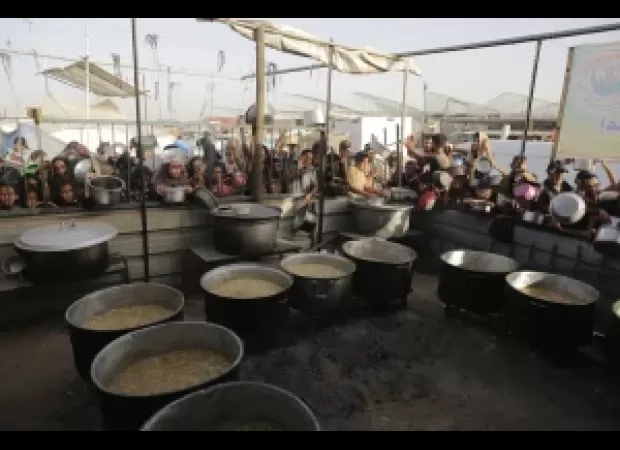Israel's military has declared a temporary halt to their efforts to increase aid delivery to Gaza.
Israeli military will pause offensive in southern Gaza Strip for 11 hours to allow for humanitarian aid deliveries.

Israeli military will pause offensive in southern Gaza Strip for 11 hours to allow for humanitarian aid deliveries.
10 Views


